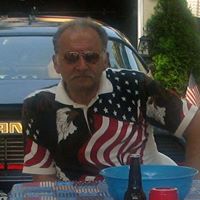Which country's citizens were the unwitting victims of the 1950s quiz show scandals'?
The American quiz show scandals of the 1950s were a series of revelations that contestants of several popular television quiz shows were secretly given assistance by show producers, to prearrange the outcome of ostensibly fair competitions.
The 1950s quiz show scandals were ostensibly driven by a variety of reasons, including greed, willing contestants, and the lack of regulations prohibiting such conspiracy in game show productions.
The $64,000 Question became the first big-money prime-time television quiz show in 1955, with Joyce Brothers becoming the first woman to earn the $64,000 prize. It was revealed later that the show was “controlled”; the producers did not want Brothers to win and deliberately gave her questions perceived to be beyond her ability, which she answered correctly anyway. The $64,000 Question was one of the game shows ultimately implicated to be fixed in some fashion.
Television regulations at that time were defined under the Federal Communications Act of 1934. Due to the fact that there were no specific laws regarding the fraudulent behavior in the quiz shows, it is debatable whether the producers or contestants alike did anything illegal. Instead, it could be inferred that the medium was ill-used. After concluding the Harris Commission investigation, Congress amended the Communications Act to prohibit the fixing of televised contests of intellectual knowledge or skill.
More Info:
en.wikipedia.org



